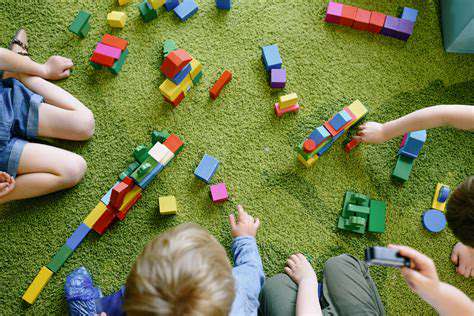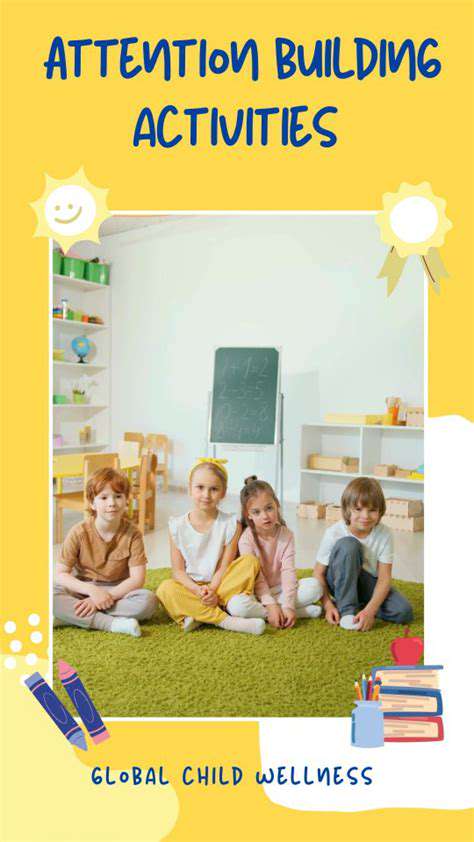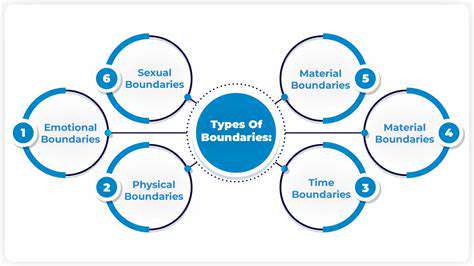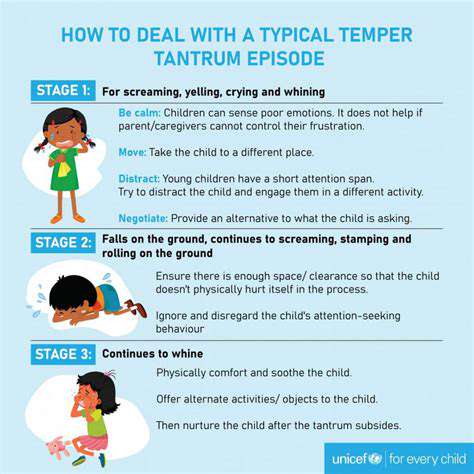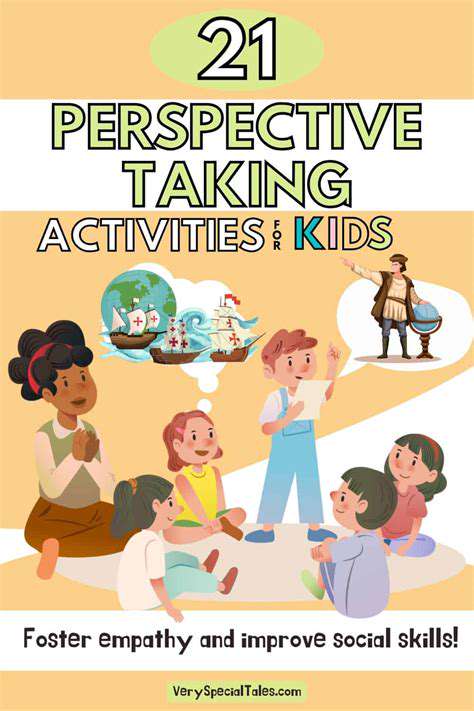Emotional Development in Young Children: A Holistic View
The Foundation of Emotional Well-being
Understanding Emotional Regulation
Emotional regulation is a crucial aspect of emotional well-being, encompassing the ability to identify, understand, and manage one's own emotions effectively. This involves recognizing the feelings we experience, whether they are positive or negative, and developing strategies to cope with them constructively. Children learn emotional regulation through various interactions and experiences, and it's a skill that develops gradually throughout childhood. Parents and caregivers play a vital role in guiding children towards healthy emotional regulation practices, fostering a supportive environment where they feel safe to express and manage their emotions.
Early childhood experiences significantly shape a child's emotional landscape. Positive interactions and consistent emotional support lay the groundwork for healthy emotional regulation. Conversely, inconsistent or stressful experiences can hinder a child's ability to manage their emotions effectively.
The Impact of Social Interactions
Social interactions play a critical role in shaping a child's emotional development. Interacting with peers, family members, and other individuals provides opportunities for children to learn about different emotions, understand social cues, and develop empathy. These interactions help them navigate social situations, learn conflict resolution skills, and understand the perspectives of others. Exposure to diverse social settings allows children to develop a broader emotional vocabulary and a more nuanced understanding of human behavior.
The Role of Self-Awareness
Developing self-awareness is fundamental to emotional well-being. Children need to understand their own emotions, recognizing what triggers them and how they affect their behavior. This involves recognizing patterns in their feelings, identifying the physical sensations associated with different emotions, and understanding the connection between thoughts, feelings, and actions. Promoting self-awareness in young children fosters their ability to manage their emotions effectively and navigate challenging situations with greater resilience.
Encouraging children to reflect on their feelings and experiences is crucial in this process. This can be done through open-ended questions, discussions, and providing opportunities for emotional expression.
Building Emotional Vocabulary
Expanding a child's emotional vocabulary is essential for their emotional development. By introducing words to describe different feelings, children gain the tools to articulate their emotions effectively. This allows them to communicate their needs and understand the emotions of others more precisely. Using descriptive language when discussing emotions helps children internalize these feelings and develop a richer understanding of their own emotional landscape.
The Importance of Positive Parenting
Positive parenting plays a critical role in nurturing a child's emotional well-being. Creating a supportive and nurturing environment where children feel safe to express their emotions is paramount. This involves validating their feelings, offering empathy, and providing guidance in managing emotions constructively. Consistent and responsive parenting fosters a sense of security and trust, enabling children to develop a strong foundation for emotional well-being.
Establishing clear boundaries and expectations while maintaining a warm and loving environment helps children learn to regulate their emotions effectively. This includes teaching coping mechanisms for stress and difficult situations.
The Connection Between Emotional Well-being and Learning
A child's emotional well-being is intrinsically linked to their learning and development. When children feel safe, secure, and emotionally supported, they are better able to focus, learn, and engage in the world around them. This emotional stability creates a foundation for cognitive growth and academic success. Addressing emotional needs directly fosters a positive learning environment and helps children thrive in all aspects of their lives.
Conversely, unresolved emotional issues can significantly impact a child's ability to learn and concentrate. Recognizing and addressing these issues is crucial for a child's overall development and well-being.

